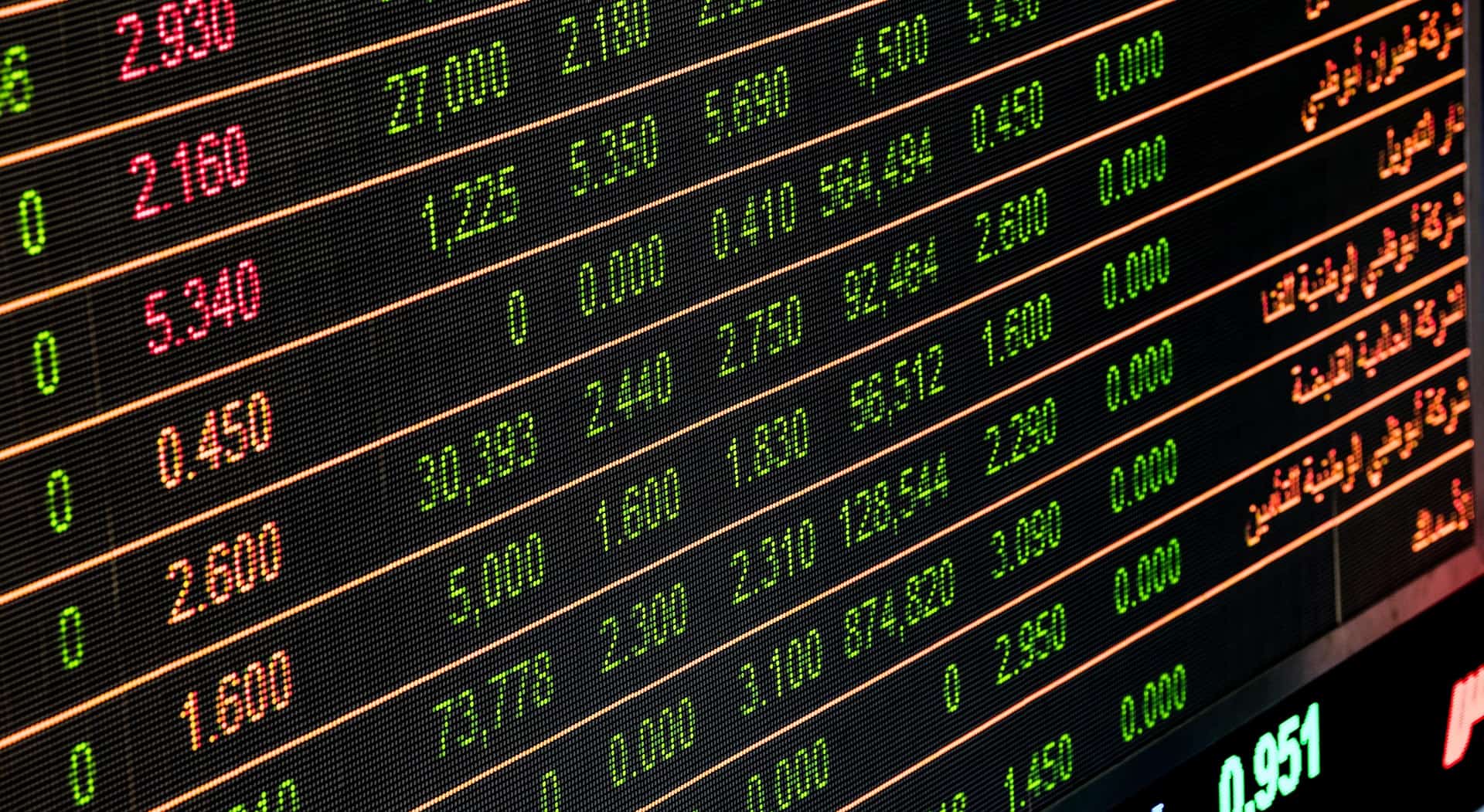Gulf stocks started their new year on Sunday positively, particularly the Saudi index TASI, despite a jump in Omicron Covid-19 numbers in the region.
In contrast, the UAE market was closed until Monday morning due to the news laws, indicating that working days will be four and a half every week, with Saturday and Sunday as a weekly holiday.
On Monday, the UAE financial market opened with the Abu Dhabi and Dubai indices dropping by 0.3 and 0.2 percent, respectively.
Tasi: A hit-and-miss show
With Al-Rajhi Bank and Alinma Bank rising by 1 and 3 percent, respectively, the Saudi index gained 0.5 percent on Sunday, January 2.
However, the index settled on Monday at the end of trading, as a decline in petrochemical shares offset the gains achieved by the financial sector shares.
On Tuesday, Tasi gained 0.3 percent, with the National Bank of Saudi Arabia’s stake climbing by 1.1 percent.
As of Wednesday, the index was up 0.9 percent due to an increase in the Saudi National Bank’s stake by 2.7 percent and an increase in SABIC by 1.4 percent.
In contrast, Thursday saw a 0.2 percent drop in Saudi Arabia’s capital market, as the Saudi National Bank and Aramco both had their shares fall by 1.3 percent and 0.8 percent, respectively.
The Saudi Arabian energy sector’s index also dropped 0.6 percent.
Week of decline in Abu Dhabi
After Alpha Abu Dhabi Holding announced that it had purchased an extra 17 percent investment in Aldar Properties, raising its ownership to 29.8 percent, its shares dropped 3.9 percent, and the Abu Dhabi index finished Monday, January 3, down 0.3 percent. In comparison, Aldar’s stock price rose by 1 percent.
The index continued its decline on Tuesday, this time by 0.7 percent, with Etisalat shares dropping by 2.2 percent.
It settled on Wednesday unchanged at the end of trading.
However, it fell again on Thursday by 0.1 percent, following a further decline in the Etisalat share by 0.4 percent. Alfa Abu Dhabi shares also fell by more than 1 percent.
On Friday, the Abu Dhabi Stock Exchange index fell 0.2 percent, extending its losses for the fourth session, while First Abu Dhabi Bank’s share fell by 1.1 percent.
Dubai: Closing high
The first working day of 2022 ended with the Dubai index falling 0.2 percent on Monday, January 3, under the weight of the 7.4-percent drop in the Dubai Financial Market.
However, it rose on Tuesday by 0.8 percent, supported by a 1.1 percent increase in Emirates NBD Bank and 0.9 percent in Dubai Islamic Bank.
The Dubai index continued to rise on Wednesday and ascended 0.3 percent, thanks to the 1.4 percent increase in the leading share of Emaar Real Estate.
However, it declined on Thursday by 0.9 percent.
It was a good week for Dubai’s stock market, which ended on Friday with a 0.8 percent gain, its second weekly gain, as investors awaited the announcement of initial public offerings.








